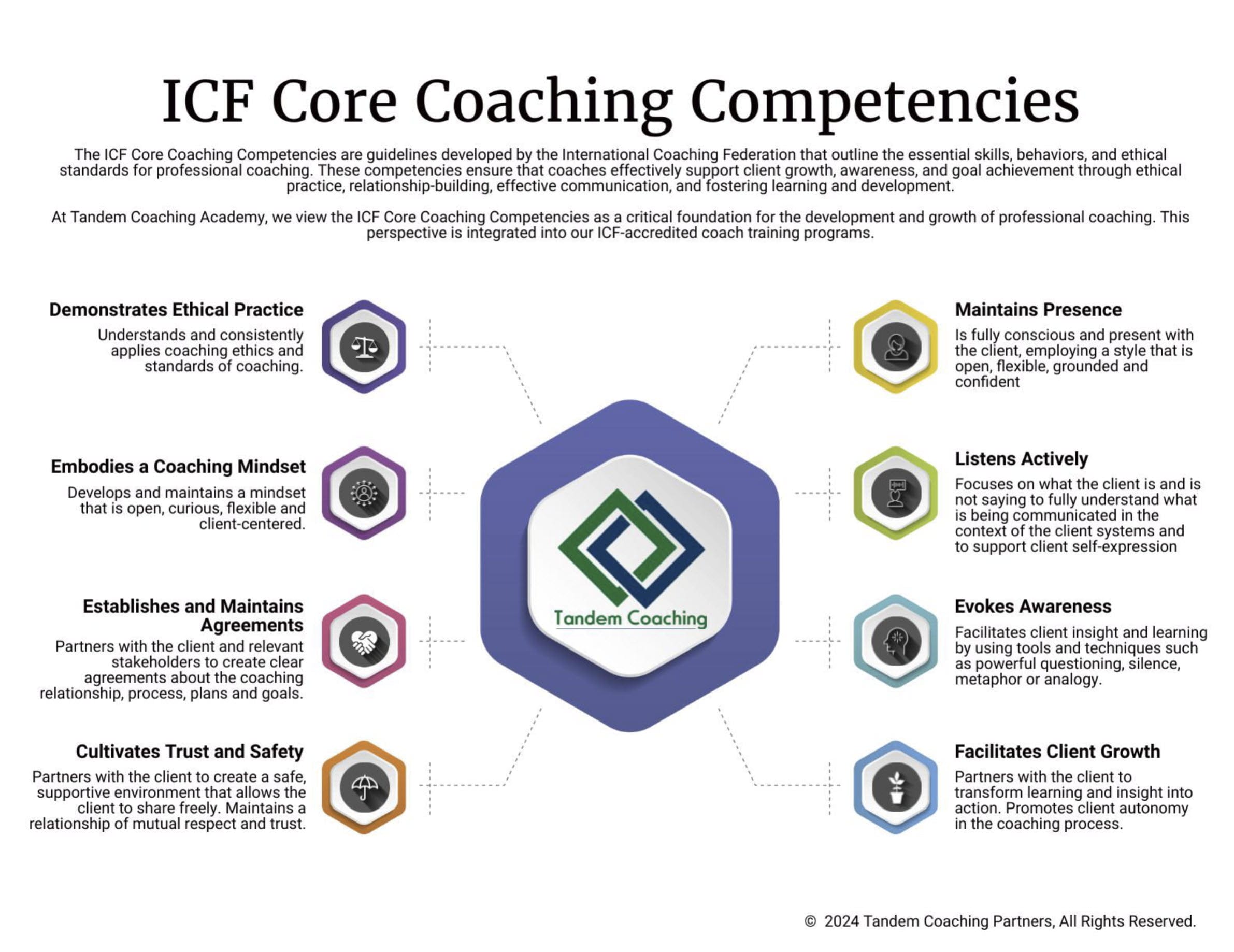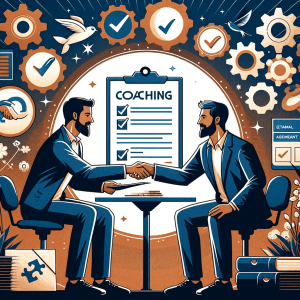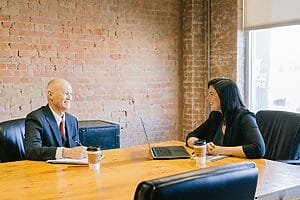Hi, Cherie here. Today, I’m excited to share insights on fostering trust and enhancing communication within agile teams, drawing from my experiences and a deep dive into the coaching domain. Trust and effective communication are the bedrock of successful agile teams, and here’s how you can co-create a relationship that champions these values.
- Understand Each Team Member’s Context: Each individual brings a unique set of experiences, values, and beliefs to the team. Embrace this diversity by seeking to understand each person’s context, which enhances empathy and mutual respect.
- Demonstrate Respect and Adaptability: Show respect for each team member’s identity, perceptions, and style. Adapt your communication and approach to align with their needs, fostering a culture of inclusivity and belonging.
- Acknowledge and Support Contributions: Recognize and value the unique talents, insights, and contributions of each team member. This acknowledgment empowers individuals and encourages a collaborative team environment.
- Foster Openness and Vulnerability: Create a safe space where team members feel comfortable expressing their feelings, concerns, and suggestions. Openness and vulnerability are key to building trust and strengthening team bonds.
- Establish Clear Agreements and Goals: Develop clear agreements regarding the team’s processes, expectations, and goals. This clarity helps align team efforts and fosters a shared commitment to success.
Reflect on these strategies in your team’s context. Are there areas where you could enhance trust and communication? Engaging in this reflection and taking action can significantly impact your team’s cohesion and performance.
Until next time, Cherie 💚
Related Reads: Empowering Agile Leaders Through Person-Centered Coaching

Unlock Your Coaching Potential with Tandem!
Dive into the essence of effective coaching with our exclusive brochure, meticulously crafted to help you master the ICF Core Coaching Competencies.
"*" indicates required fields
About the Author
Cherie Silas, MCC
She has over 20 years of experience as a corporate leader and uses that background to partner with business executives and their leadership teams to identify and solve their most challenging people, process, and business problems in measurable ways.
















